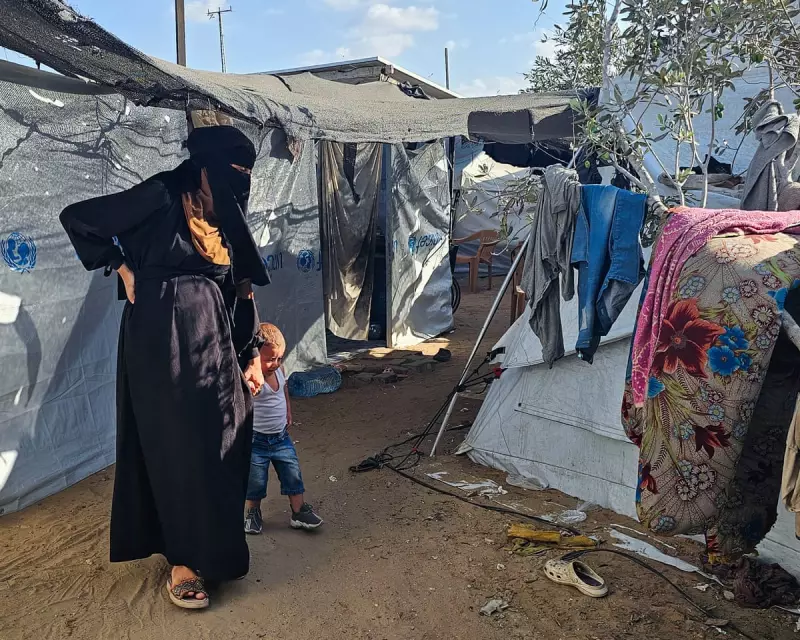
In the devastated landscape of Gaza City, where healthcare infrastructure lies in ruins and daily survival is a struggle, a remarkable story of hope has emerged. A newborn baby has defied overwhelming odds to survive birth in one of the world's most dangerous environments for pregnant women and infants.
A Healthcare System in Collapse
Medical facilities across Gaza have been pushed beyond breaking point, with many hospitals completely non-functional and those still operating facing severe shortages of essential supplies. The situation has created what aid organisations are calling a "catastrophic environment" for maternal health.
Pregnant women are enduring unimaginable conditions, often giving birth in makeshift shelters without proper medical supervision, sanitation, or pain relief. The mental and physical toll on expectant mothers has reached crisis levels, with many facing childbirth alone and terrified.
The Human Cost of Conflict
The ongoing hostilities have transformed what should be joyful moments of new life into scenes of desperation and fear. Medical professionals still working in the region report delivering babies in corridors, basements, and damaged buildings while facing constant threats to their own safety.
The survival of this particular newborn represents both a medical miracle and a stark reminder of the thousands of pregnant women facing similar perilous circumstances daily. Without adequate nutrition, prenatal care, or safe delivery conditions, the risks to both mothers and infants have skyrocketed.
International Response and Urgent Needs
Humanitarian agencies continue to sound the alarm about the deteriorating situation for Gaza's most vulnerable populations. The specific needs identified include:
- Emergency obstetric care facilities
- Clean delivery kits and medical supplies
- Nutritional support for pregnant and breastfeeding women
- Mental health services for traumatised mothers
- Safe transportation to functioning medical facilities
While this single story of survival provides a glimmer of hope, it underscores the urgent need for protected humanitarian corridors and immediate medical assistance for the estimated 50,000 pregnant women currently caught in the conflict zone.
The international community faces mounting pressure to address what medical professionals describe as one of the most severe maternity care crises in modern conflict history.





